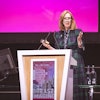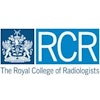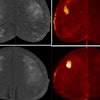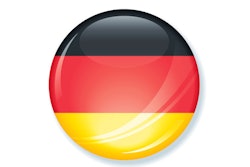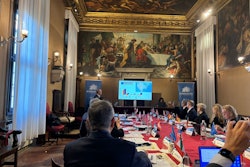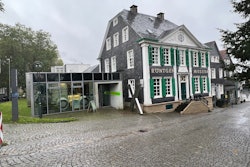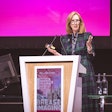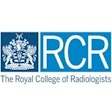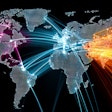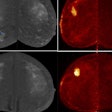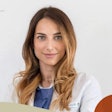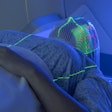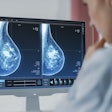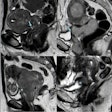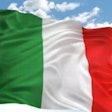The German Roentgen Society (DRG) has posted an article about Dr. Susanne Wienbeck's recent visit to the 80th Korean Congress of Radiology in Seoul, in which she has reflected on the country’s breast cancer screening program.
“National screening programs are implemented very differently in Asia. This is illustrated by the example of South Korea," noted Wienbeck, a breast radiologist at Radiologie Zentrum Bremen.
The national screening program covers women between the ages of 40 and 69, whereas women between the ages of 50 and 75 participate in Germany. The participation rate is around 70%, which is higher than in Germany, she said. "And this despite the fact that the women have to arrange appointments themselves, so there is no official invitation letter, and they have to pay the costs of an average of 90 U.S. dollars themselves.”
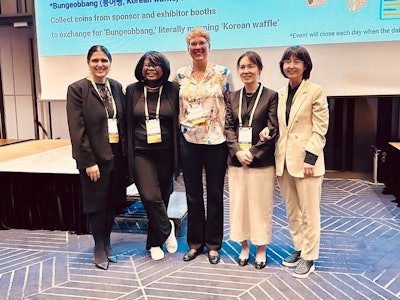 Dr. Susanne Wienbeck is shown here with fellow speakers Dr. Manisha Bahl, from Mass General Research Institute in the U.S., and Dr. Ji Soo Choi, from Samsung Medical Center at Sungkyunkwan University School of Medicine, and other session participants. Image courtesy of the German Roentgen Society.
Dr. Susanne Wienbeck is shown here with fellow speakers Dr. Manisha Bahl, from Mass General Research Institute in the U.S., and Dr. Ji Soo Choi, from Samsung Medical Center at Sungkyunkwan University School of Medicine, and other session participants. Image courtesy of the German Roentgen Society.
Weinbeck said she also learned that Asian women often have denser glandular tissue than European women. "For this reason, tomosynthesis is increasingly being used instead of mammography and, depending on the doctor's decision, breast sonography is also added.”
Her talk (“Contrast-enhanced Mammography: What the Radiologist needs to know”) was part of a special focus session on non-MRI approaches to breast cancer evaluations.
On a personal level, she said she was particularly impressed by the very friendly and helpful people. "I never felt unsafe in Seoul, and the city is also very clean. Public transport, such as the subway and buses, are excellently developed. I was also impressed by the mobile internet -- there was great network coverage throughout the city and lots of free hotspots."
You can read the full article in German on the DRG website.

